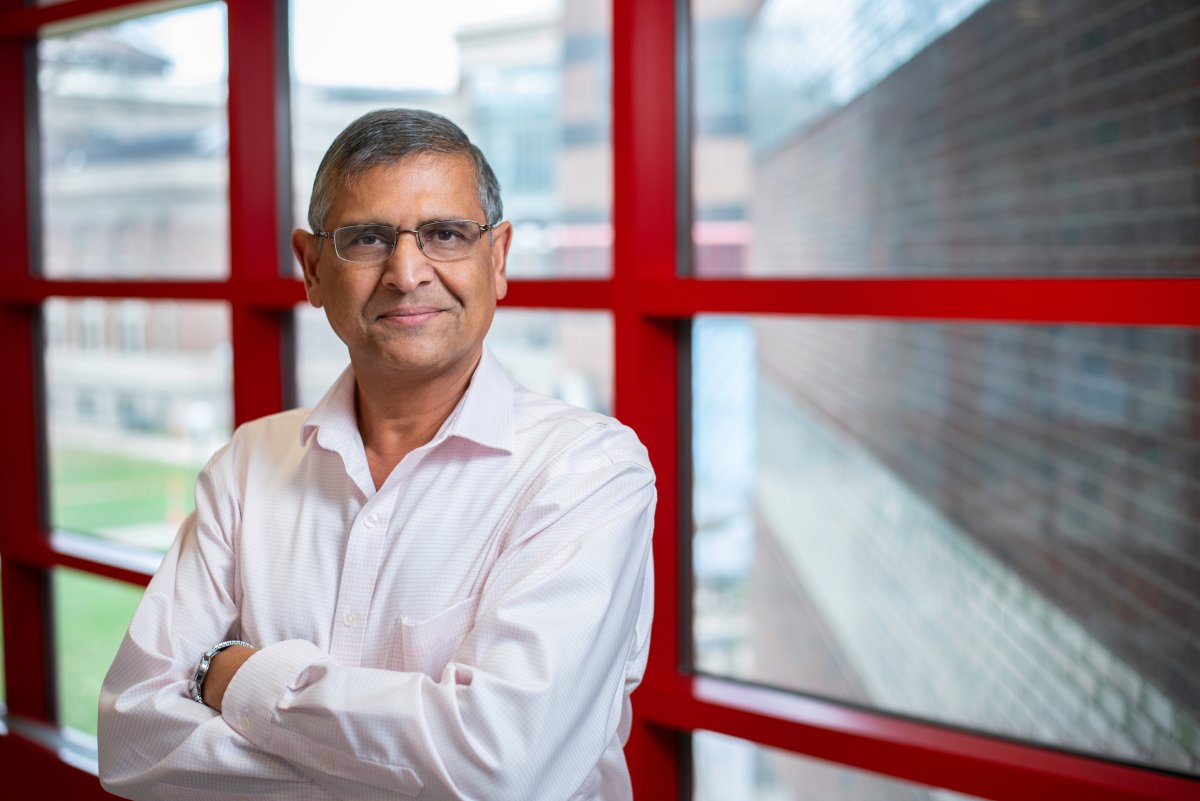Vipin Kumar Leads $1.2M Grant on Deep Learning for Inverse Modeling

Regents Professor Vipin Kumar will lead a $1.2 million grant from the National Science Foundation with a focus on deep learning for inverse modeling. Kumar’s team aims to develop an embedding-based machine learning framework for inverse modeling that is applicable to a wide range of scientific problems, with a goal of identifying explicit or implicit characteristics of a system given its drivers and response data.
“Our work could make artificial intelligence (AI) applicable in problems where it has not been used before,” said Kumar. Our approach brings in the power of data and machine learning to address the inverse modeling problem in environmental sciences for the first time.”
Inverse modeling is a type of scientific method that involves working backward from observations of a physical system to estimate the parameters and identify the underlying processes or mechanisms that could have produced the observed behavior. Current approaches for inverse modeling in the physical sciences are highly compute expensive, and do not have the ability to leverage the ever expanding data available around the world. Using the knowledge-guided machine learning framework pioneered by Kumar, the project will develop a new methodology to tackle inverse problems in environmental sciences by leveraging the power of big data.
“Because our algorithms incorporate scientific knowledge, they can more easily generalize to unseen scenarios and can be trained with much smaller datasets that are typically available in scientific applications,” said Kumar. “Knowledge-guided machine learning algorithms are now being used in numerous scientific applications, and will help us approach this inverse problem in a way that no one has before.”
Kumar’s team will start building this new methodology for inverse modeling in the context of understanding the water cycle and contamination in the environment. Once mastered, this deep learning for inverse modeling could be generalized to disciplines as diverse as health, environment, agriculture, and engineering, and thus have the potential to address some of the greatest challenges facing humanity.